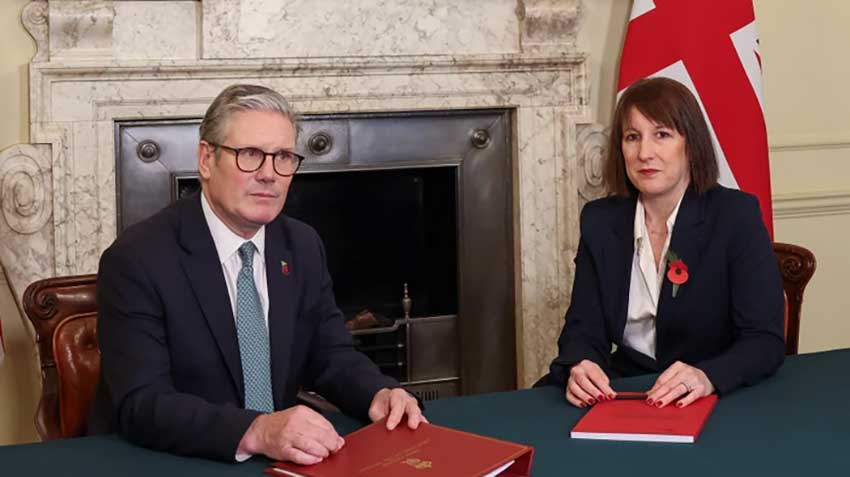Bank of England faces pressure to cut rates as job vacancies and factory output decline
The Bank of England faces mounting pressure to cut interest rates further as job vacancies fall and factory output contracts for the first time in four years, signalling an economic slowdown. Learn about the latest market trends and rate expectations. Read more: Bank of England faces pressure to cut rates as job vacancies and factory output decline


The Bank of England is under increasing pressure to cut interest rates this week as job vacancies and factory output show signs of a slowing economy.
According to the Recruitment and Employment Confederation (REC), job vacancies fell by 3.2% in August, with nearly 720,000 new adverts, reflecting a sluggish job market as Britain’s factory output contracted for the first time since late 2020.
Separate data from Make UK, the manufacturing industry body, revealed that manufacturers are holding back on hiring amid declining industrial output, highlighting broader economic concerns. This contraction marks the first decline in factory output in four years, adding weight to calls for a further reduction in interest rates.
The Bank of England’s monetary policy committee (MPC) is set to meet this Thursday to discuss interest rates. Last month, the MPC reduced the base rate from 5.25% to 5%, the first cut in four years, as part of efforts to support economic growth. However, Bank of England Governor Andrew Bailey has urged caution, warning that rates should not be cut too quickly or significantly, to ensure continued progress in reducing inflation.
Despite the economic slowdown, investors currently expect the Bank of England to hold rates steady this week. Andrew Bailey’s cautionary stance reflects a balancing act between supporting growth and maintaining control over inflation.
Neil Carberry, Chief Executive of REC, noted the broader impact on the jobs market, stating, “There is no doubt that the jobs market remains slow by comparison to previous years, with summer holidays also affecting the pace of hiring.”
As the UK economy navigates this period of uncertainty, all eyes will be on the Bank of England’s decision and the potential implications for businesses, consumers, and the broader economic landscape. The pressure to ease monetary policy is tempered by the need to sustain progress on inflation, making this week’s rate decision a critical moment for the UK’s economic outlook.
Read more:
Bank of England faces pressure to cut rates as job vacancies and factory output decline
What's Your Reaction?


























:quality(85):upscale()/2025/02/27/808/n/1922398/26784cf967c0adcd4c0950.54527747_.jpg)
:quality(85):upscale()/2025/02/03/788/n/1922283/010b439467a1031f886f32.95387981_.jpg)
:quality(85):upscale()/2025/01/08/844/n/1922398/cde2aeac677eceef03f2d1.00424146_.jpg)
:quality(85):upscale()/2024/11/27/891/n/1922398/123acea767477facdac4d4.08554212_.jpg)



















